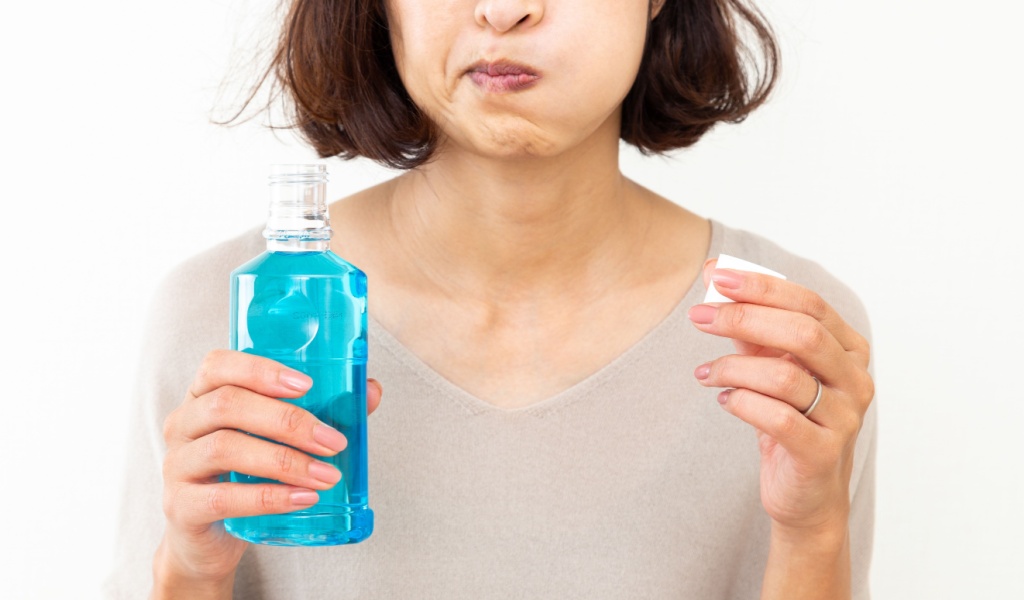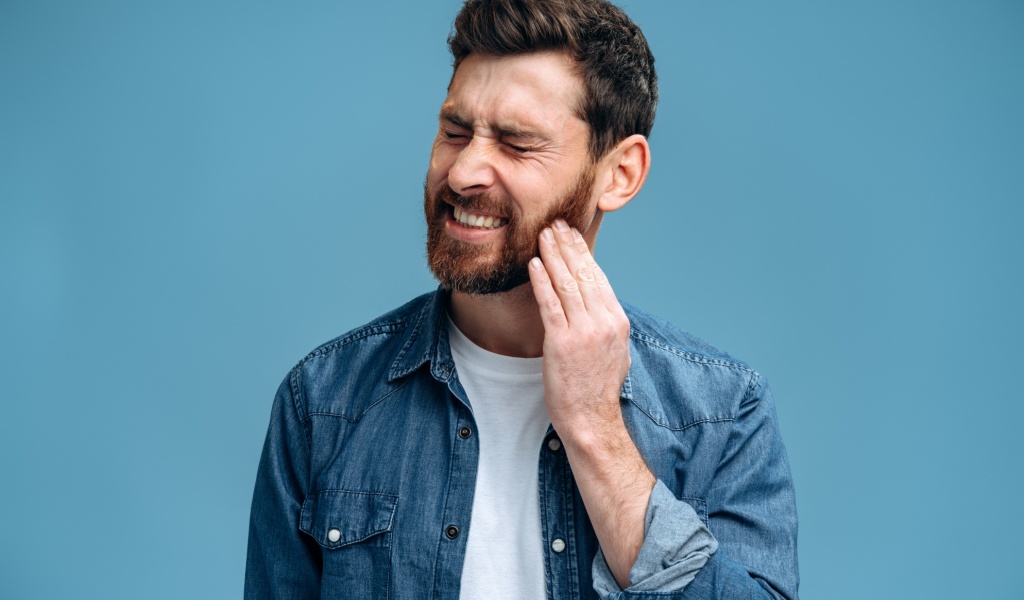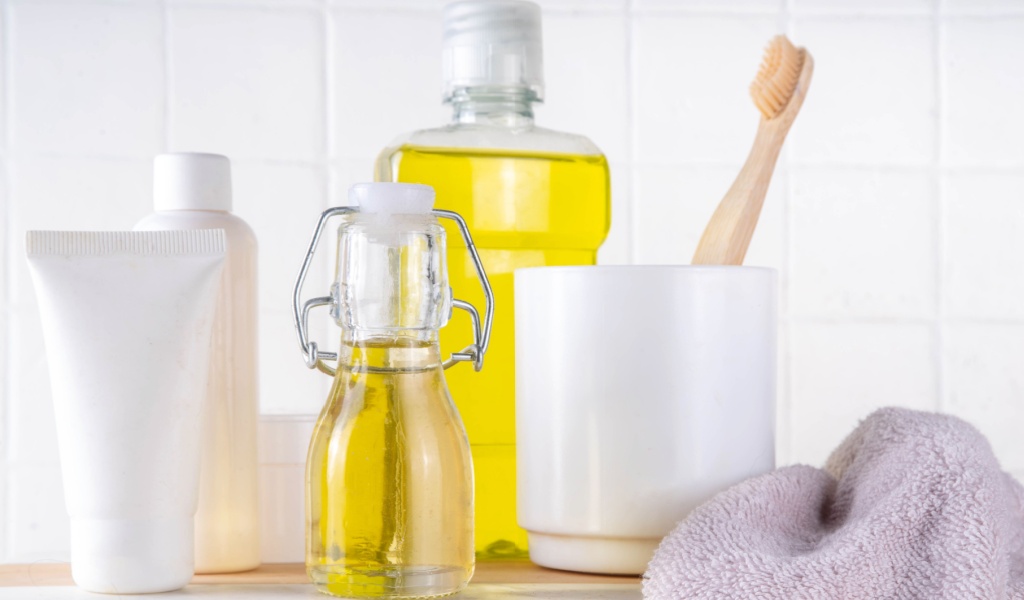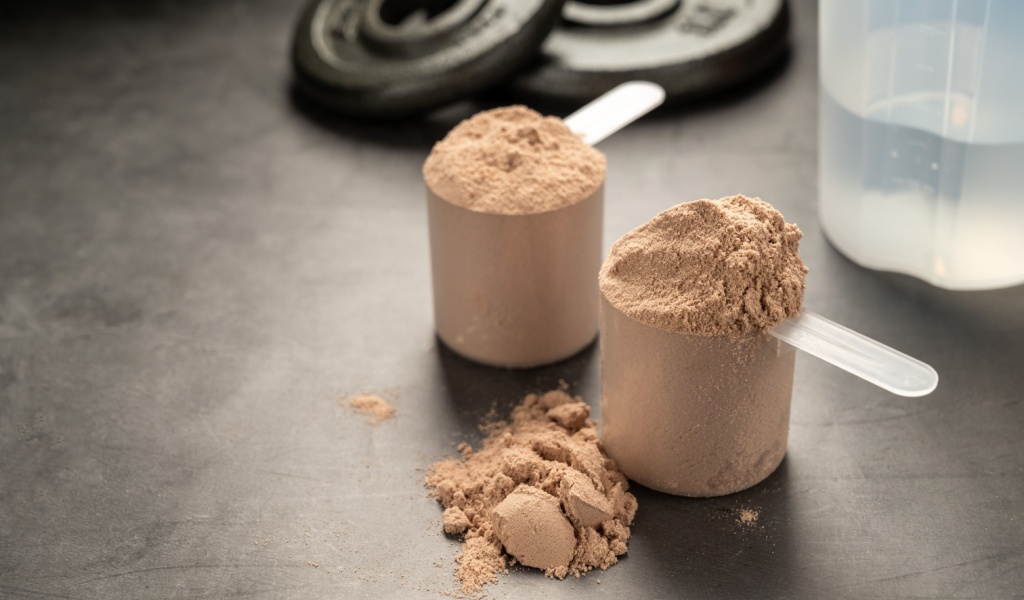Mouthwash is integral to dental care and is commonplace in every Western household. Most dentists encourage using mouthwash to kill bacteria in the mouth and freshen the breath, making it a staple in many people’s oral hygiene. But the real question is if killing the bacteria is a good thing. To find the answer, let’s delve into this article.

Effects Of Using Mouthwash
Reduces Good Oral Bacteria
In general, using mouthwash isn’t harmful, especially if you choose the right kind and use it correctly. Dentists recommend using it to prevent oral and systemic diseases caused by poor oral health. However, this could lead to the death of a large number of bacteria in your mouth. Most people consider bacteria scary, but not all bacteria are damaging. While some can lead to cavities and bad breath, others are part of the oral microbiome that helps to break down food and maintain healthy teeth and gums. As a result, bacteria are essential for a healthy oral system, and eradicating them through mouthwash is not beneficial!
Leads To Teeth Staining
Teeth staining is the most common side effect of using mouthwash. Most commercially available mouthwash contains an ingredient called chlorhexidine, which, according to research, can cause teeth stains after use. Additionally, mouthwashes containing bright dyes are also likely to cause staining compared to dye-free mouthwash. Therefore, it’s best to use it only for the recommended period.
Can Lead To Bad Breath
One of the benefits of using mouthwash is getting rid of bad breath, but ironically, frequent use of it will only intensify it. This is the case mostly with alcohol-based mouthwash. Alcohol causes dryness, and it strips away the natural saliva that helps maintain oral moisture and wash away bacteria.
A dry mouth creates the perfect environment for odor-causing bacteria to thrive, leading to chronic bad breath over time. Instead of using mouthwash as a temporary solution to mask bad breath, it is better to address the root cause, such as poor diet, dehydration, or underlying health conditions.
Increased Sensitivity Due to Enamel Erosion
Many mouthwashes contain acidic ingredients that can erode tooth enamel over time. Enamel is the protective outer layer of the teeth, and once it wears down, it cannot be regenerated.
Consequentially, this can increase tooth sensitivity, making the consumption of hot, cold, or sweet foods painful. Additionally, weak enamel increases the risk of cavities and decay, eliminating the benefits of using mouthwash!

May Cause Cancer
Several studies have raised concerns about the long-term effects of alcohol-based mouthwashes. Alcohol is a known irritant that can cause dryness and inflammation in the mouth. Some research suggests that excessive use of alcohol-based mouthwash may be linked to an increased risk of oral cancer. While the evidence is still debated, limiting the use of alcohol-based mouthwashes or switching to natural alternatives can be a safer option.
Masks Underlying Dental Issues
Mouthwash provides a momentary sensation of cleanliness and freshness, which can lead people to overlook deeper dental issues. Instead of addressing the root cause of gum disease, cavities, or persistent bad breath, many people may rely on mouthwash as a quick fix, delaying necessary dental visits and worsening potential issues.
Potential Hormonal Disruptions
Some mouthwashes contain artificial sweeteners and chemicals that have been linked to hormonal imbalances. A chemical named Triclosan, commonly found in antibacterial products, has raised concerns about its potential to disrupt hormone function, leading to hormonal disturbances in the body. Although numerous brands have phased Triclosan out, it is still present in some formulations.
Healthier Alternatives to Store-Bought Mouthwash
Given the potential harms of mouthwash, opting for natural and healthier alternatives can be a wiser choice. Here are some practical alternatives:
- Saltwater Rinse: A quick home remedy and a natural antiseptic, saltwater helps reduce bacteria and inflammation without disrupting the oral microbiome.
- Herbal Mouth Rinse: Using a homemade rinse with ingredients like tea tree oil, peppermint oil, or aloe vera can provide antibacterial benefits without the harmful effects of alcohol and artificial chemicals.
- Oil Pulling: Swishing coconut or sesame oil in your mouth for a few minutes can naturally remove bacteria or toxins, thereby helping improve oral health over time.
Conclusion
While mouthwash is often marketed as essential to daily oral hygiene, its potential harms should not be ignored. From disrupting the oral microbiome to advancing the risk of oral cancer and dry mouth, the downsides of frequent mouthwash use outweigh its benefits. Choosing natural alternatives and maintaining sufficient oral hygiene practices can provide a safer and more effective way to keep your mouth healthy. Instead of relying on quick fixes, addressing the crux of oral health issues is always the best approach.



